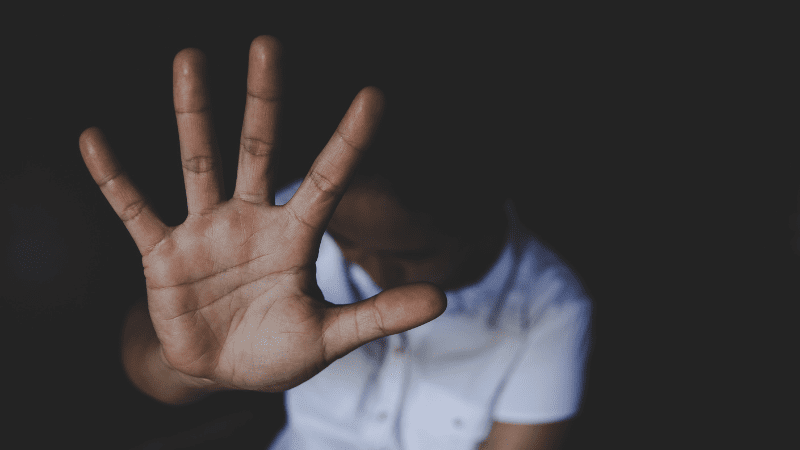By Ken Coates, March 11, 2024
Most Canadians believe that life is getting better for Indigenous peoples in the country and they are generally right. Legal and political rights continue to expand. Economic opportunities are multiplying. Educational outcomes are improving.
And yet the lived experiences of many Indigenous peoples contain surprising instances of harassment and discrimination that are difficult to address because they involve both the behaviour of ‘ordinary’ Canadians and the failure of institutions to protect vulnerable peoples.
One bad story should not stand as an indictment of a country. There are many uplifting stories about sincere efforts towards reconciliation in Canada. At the same time, progress in one situation shouldn’t blind us to painful realities in another. One such painful situation deserves our attention because it stands as an archetype of the harsh realities of discrimination and hostility that affect too many Indigenous people.
A couple years ago an indigenous family relocated to southern Ontario from Western Canada, eventually settling in a small community, “out in the county,” a few miles from a university town. While not idyllic – the town’s economy rests on heavy industry – the combination of ready access to a well-regarded school and affordable housing made the location appealing. Their excitement lasted only a few months.
The neighbours, a couple in their 50s, turned hostile almost overnight. They started staring at the family, following them when they took their 11-year-old to school, and making rude and obnoxious comments. These neighbours were appalled by any visible signs of their indigeneity; an Every Child Matters flag or a ribbon skirt would send them off, but, in truth, their mere presence was the core trigger for hostility.
Over time, the family discovered that their unpleasant neighbours were persona non-grata at the local school and had a reputation for supporting right wing nationalist causes. Unfortunately, the couple had close friendships with the local police – a sure deterrent for complaints.
The behavior escalated: the offenders pressured their child, followed their car into the city, and made endless snide and unfriendly comments. Weird things – such as an extended hack of their wifi and other service disruptions – happened routinely.
The family did all the right things, informing their employers, connecting with local agencies, and contacting the local police. Their initial reports to the police were laughed off. Several officers and public officials told them they should just move away. Some of the officers paid friendly visits to their harassers on a regular basis, eroding any confidence they had in the system. The family felt increasingly unsafe in their own home.
Yet they stuck to formal, legal means to address their situation. They started documenting the aggressions, large and small, and they installed cameras around their home. Interventions with the Police Chief or Deputy Chief generated promises of action but no change. The family compiled a large file that was sent off to the authorities, complete with record of obviously racist threats and unassailable evidence harassment.
The system let them down repeatedly.
Charges were laid, hearings held, and penalties assigned but nothing meaningful changed and the harassment actually expanded to include attacks by other people – friends of the offenders – in the neighbourhood. After yet another threatening following on their way to drop their son off at school – they felt they needed to send their young boy and his grandmother to Western Canada to stay safe, separating the family over the 2023 Christmas season.
The latest slap in the face came just recently, early in 2024, when the Crown Prosecutor’s office called to share the progress on their case. Without consulting the family, the Crown had authorized a deferred prosecution, which meant that the criminal charges, which included several indictable offences, had been stayed and punishments replaced with counseling. The prosecutor “knew,” based on the offenders’ reports, that the counselling had gone well, and the harassment had ended. When the prosecutor was told that the couple’s actions had actually deteriorated, and that the family had felt the need to separate over the holidays, he expressed dismay but still nothing changed.
The family is trapped. Routine harassment has made them paranoid. The distance from their son causes real pain and anxiety. Looking for a way out they located a new job, in a distant city, but they are still faced with the difficult task of having to try to sell a home next to known serial harassers facing criminal charges. They agonize about what to do next. They are blameless, as are all victims of racism; they attract negative attention simply by living.
The family recognizes all advancements that have been made toward reducing barriers and addressing anti-Indigenous racism in Canada. They understand that reconciliation is a process, not an event.
But they also know that their experience is far too common.
Far too many Indigenous peoples in Canada could share a similar story. A small number of racists and bigots make their lives a living hell. A timid, unassertive judiciary and, in this case, seemingly complicit elements in the local police force make matters worse.
Changes in public policy are pivotal and new financial commitments from the Government of Canada are important for indigenous communities. But the elimination of deeply imbedded racism and harassment that follows around many indigenous Canadians remains elusive.
Canada has a long way to go before Indigenous peoples can be assured of fairness before the law or consistent acceptance in Canadian society.
Ken Coates is a distinguished fellow and the director of Indigenous affairs at the Macdonald-Laurier Institute.






